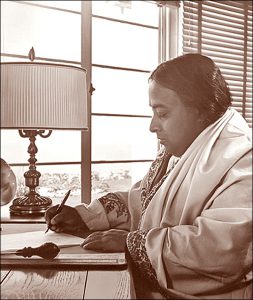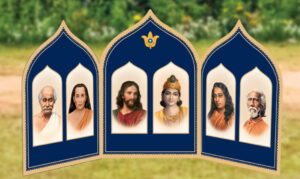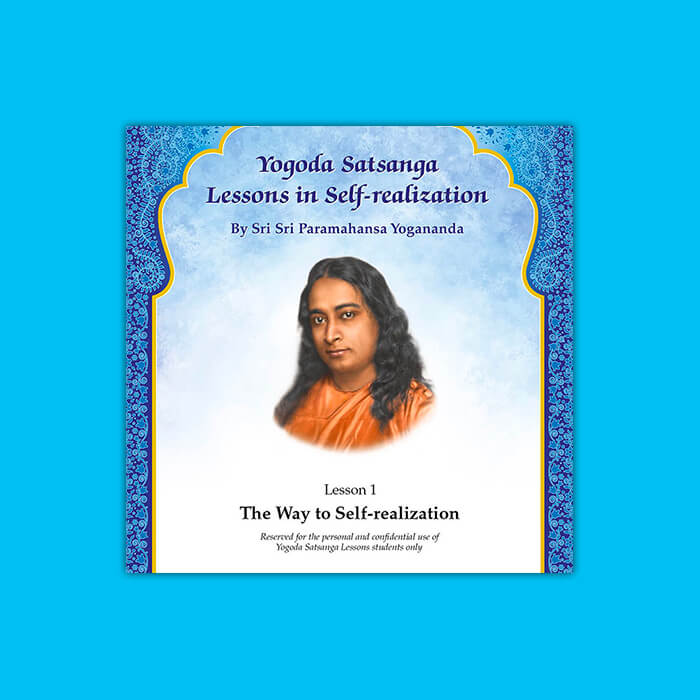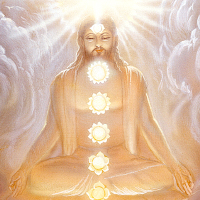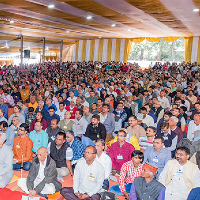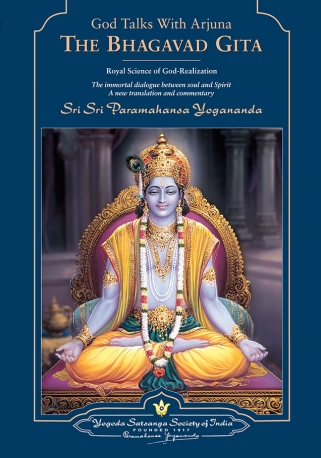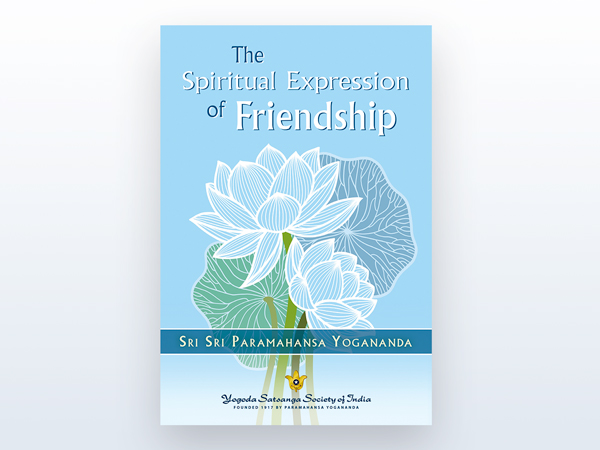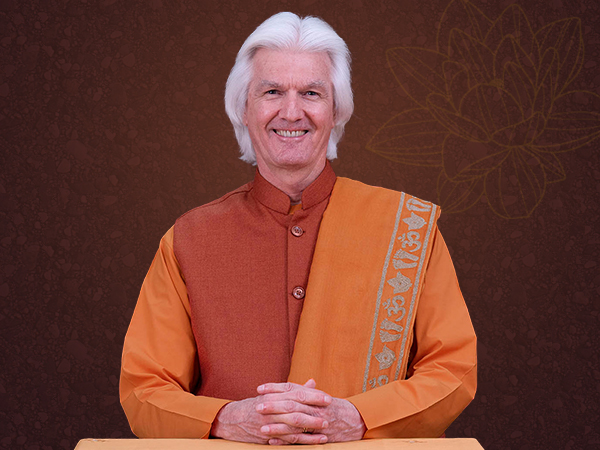This blog post is an excerpt from the talk “Yama and Niyama: ‘How-to-Live’ Skills for Inner Strength and Freedom” by Swami Chidananda Giri, which was published in 2015 in Yogoda Satsanga magazine. Subscribers to the magazine can find the entire written presentation of this talk in the extensive online library of past articles. Swami Chidanandaji became president of YSS/SRF in 2017.
The Soul’s Welcome Reaction to the Yamas and Niyamas From the Yoga Sutras
The principles of yama and niyama are enumerated in that ancient scripture of Yoga, the Yoga Sutras of the great rishi Patanjali; they come down to us from India’s higher ages of spiritual civilization.
The yamas are:
- ahimsa (harmlessness);
- satya (truthfulness);
- asteya (non-stealing);
- aparigraha (non-covetousness, not being possessed by possessions);
- and brahmacharya (mastery over the creative force in the body).
- shaucha (purity of body and mind);
- santosha (contentment in all circumstances, calmness, even-mindedness);
- tapas (capacity for self-discipline);
- svadhyaya (introspective study of the scriptures);
- and last, Ishvara-pranidhana (devotion to God and Guru).
Note your inner reaction upon merely hearing those qualities. Doesn’t the soul, if it is awake at all in us, whisper: “Yes! That is what I want. That is who I am!” This response of the soul is how we know intuitively that there is tremendous positive value in these rules.
We are beings of infinite power, nobility, and majesty. And each of these spiritual rules is a portal, an opening, that enables us to access a particular aspect of that divine nature, which is otherwise obscured by delusion, cloaked in forgetfulness, as long as we live attached to the material body, the ego, and the physical world.
Spiritual Laws Are Not Meant to Limit but to Empower
Our guru, Paramahansa Yogananda, said this about the Ten Commandments — which, again, are just another way of formulating these universal rules:
“The Ten Commandments might have been more aptly named the Ten Eternal Rules of Happiness. The word ‘commandment’ is an unfortunate choice, because few persons like to be commanded. As soon as you tell a child not to do a thing, he at once wants to do it….Yet the breaking of the Ten Commandments is the primary source of all the misery in the world.”
Because of the conditioning that the modern, mass-media-driven world tries to impinge upon us, many people have a rather negative attitude toward what they consider “old-fashioned” morality.
However, as is true of so many aspects of the spiritual path, our Guru revolutionized the understanding of what morality is all about. He said, in essence, that morality is the way of living in the world while retaining our divine connection, retaining that link to what we really are — divine beings.




